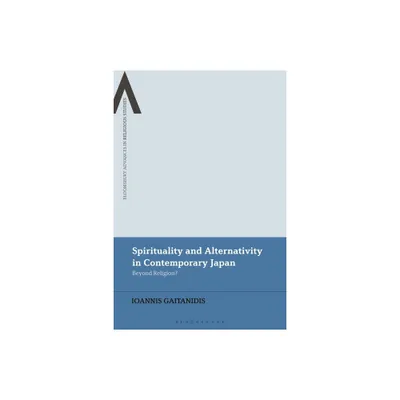Home
Multiple Translation Communities in Contemporary Japan
Loading Inventory...
Barnes and Noble
Multiple Translation Communities in Contemporary Japan
Current price: $55.99


Barnes and Noble
Multiple Translation Communities in Contemporary Japan
Current price: $55.99
Loading Inventory...
Size: OS
*Product Information may vary - to confirm product availability, pricing, and additional information please contact Barnes and Noble
Multiple Translation Communities in Contemporary Japan
offers a collection of essays that (1) deepens the understanding of the cultural and linguistic diversity of communities in contemporary Japan and how translation operates in this shifting context and circulates globally by looking at some of the ways it is theorized and approached as a significant social, cultural, or political practice, and harnessed by its multiple agents; (2) draws attention to the multi-platform translations of cultural productions such as manga, which are both particular to and popular in Japan but also culturally influential and widely circulated transnationally; (3) poses questions about the range of roles translation has in the construction, performance, and control of gender roles in Japan, and (4) enriches Translation Studies by offering essays that problematize critical notions related to translation. In short, the essays in this book highlight the diversity and ubiquity of translation in Japan as well as the range of methods being used to understand how it is being theorized, positioned, and practiced.
offers a collection of essays that (1) deepens the understanding of the cultural and linguistic diversity of communities in contemporary Japan and how translation operates in this shifting context and circulates globally by looking at some of the ways it is theorized and approached as a significant social, cultural, or political practice, and harnessed by its multiple agents; (2) draws attention to the multi-platform translations of cultural productions such as manga, which are both particular to and popular in Japan but also culturally influential and widely circulated transnationally; (3) poses questions about the range of roles translation has in the construction, performance, and control of gender roles in Japan, and (4) enriches Translation Studies by offering essays that problematize critical notions related to translation. In short, the essays in this book highlight the diversity and ubiquity of translation in Japan as well as the range of methods being used to understand how it is being theorized, positioned, and practiced.


















